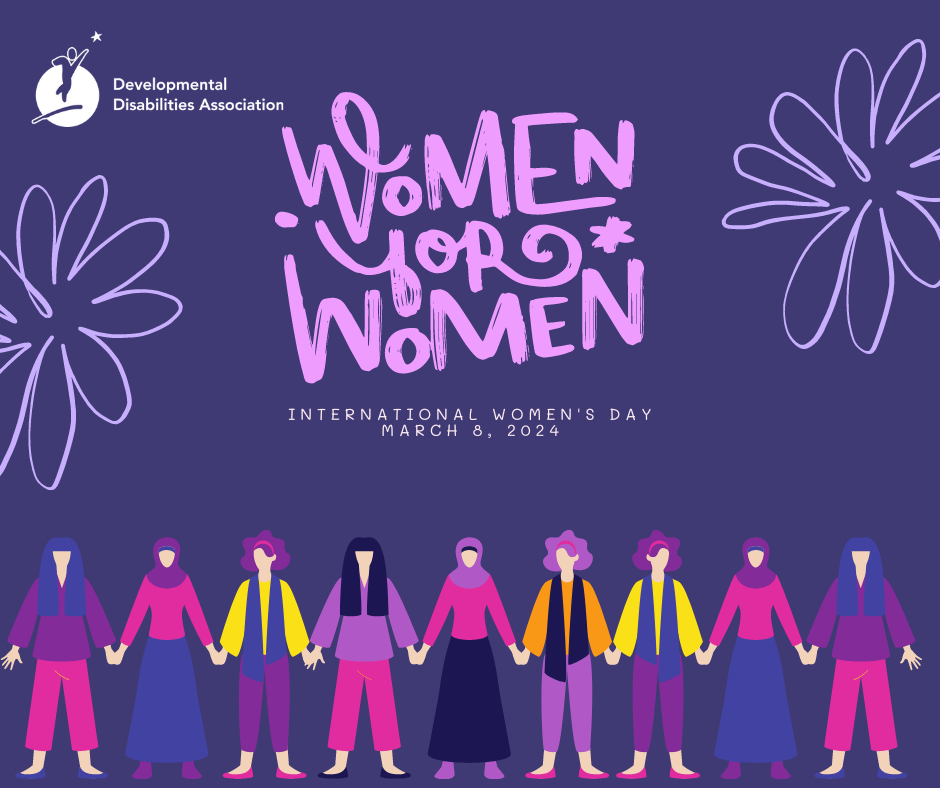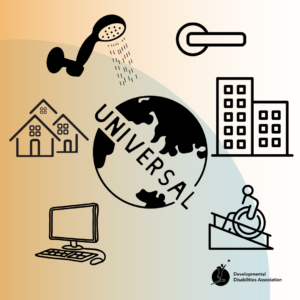March is Women’s History Month, which coincides with International Women’s Day on March 8th. The Developmental Disabilities Association has a rich history involving women. The association was started by a young woman in 1952 and many of the innovations the association brought to the mainstream were started by, you guessed it, women. Today, over 70 percent of DDA staff are women. The association is led by Alanna Hendren and many key leadership and management roles are held by women.
It’s crucial to recognize the invaluable contributions of women across various sectors, and not just on International Women’s Day. One area where women play a significant role is in caregiving or early educational professions such as those offered by DDA. From childcare to ECEs to residential support in our group homes, women have been at the forefront, nurturing our community, shaping futures, and contributing to the well-being of the clients and families we support.
Caregiving roles, such as nursing, teaching, and childcare, have historically been associated with women. Despite advancements in gender equality, these professions continue to be dominated by women. According to the World Health Organization (WHO), globally, 70% of health and social care workers are women. This gender disparity is rooted in societal norms, stereotypes, and systemic barriers that limit opportunities for women in other fields.
At DDA, we hope to change some of this gender disparity and encourage men to fill caregiving roles. They can give back to their community in meaningful ways and we can teach them the value of caregiving as a profession. What many men who work at DDA often find, is relationships with staff and clients enrich their lives in ways they didn’t know were possible. Studies have shown that the differentiating factor between happy people and those who are not are interpersonal relationships, not money or fame. There is a life lesson in caregiving.
Caregivers play a fundamental role in supporting individuals and communities at various stages of life. Their work not only contributes to the well-being of individuals but also strengthens the fabric of society. Yet, caregiving roles are often undervalued and under-compensated compared to traditionally male-dominated professions.
On International Women’s Day, it’s essential to recognize the vital role of caregivers and advocate for their rights and well-being. This includes advocating for better pay, access to professional development opportunities, and policies that support work-life balance. Additionally, breaking down gender stereotypes and promoting inclusivity in all professions is crucial for achieving gender equality.
International Women’s Day serves as a reminder to celebrate the achievements of women and address the challenges they face, including those in caregiving professions. By recognizing and valuing the contributions of caregivers, we can work towards a more equitable society where all individuals have the opportunity to thrive. Let’s use this day as a catalyst for change and commit to supporting women in all aspects of their lives.



